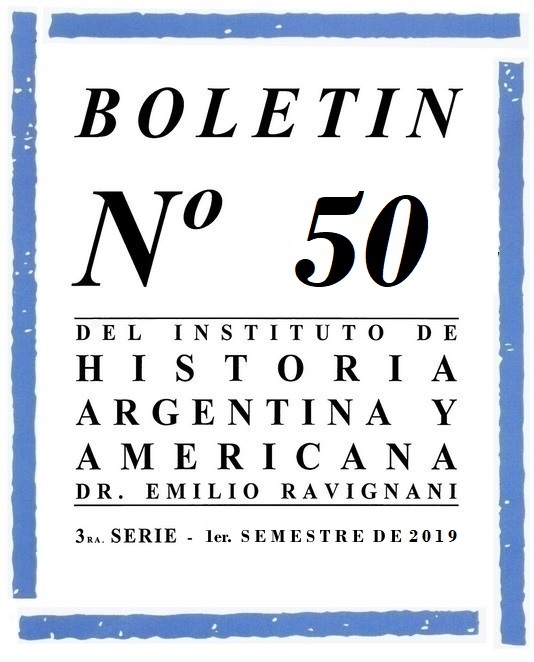Music and Nation in Post-Peronist Argentina
Abstract
Following the military coup of 1955, anti-Peronist intellectuals reimagined Argentine nationalism to make it compatible with a modernizing cosmopolitanism. Within the realm of popular music, they championed local artists who they believed were reconciling Argentine musical traditions with universal aesthetic values or with sophisticated, foreign trends. This article argues, however, that the advent of rock and roll, disseminated in Argentina by multinational corporations, made this ideological project more complicated by unleashing a flood of what was perceived as low-quality, commercial and foreign music. The Nueva Ola, as the phenomenon was known, associated rock and roll with a range of dance genres from the Caribbean, making it even more problematic for those who sought to reconcile Argentine national identity with the most sophisticated versions of European or North American modernity.Downloads
The copyright is transferred to the Boletín, but the authors may retrieve them and reproduce their work in other media or formats by means of a written request to the Editorial Committee. In such cases, the Boletín will be cited as the first publication of the work.
The works are licensed under a Creative Commons Attribution-NonCommercial 4.0 International License, which allows others to share the work with an acknowledgment of their authorship and initial publication in this journal.
Also, by written request to the Editorial Committee of the Boletín, the authors may separately establish additional agreements for the non-exclusive distribution of the version of the work published in this journal (for example, placing it in an institutional repository or publishing it in a book), with an acknowledgement of its initial publication here. No commercial uses are allowed.



















